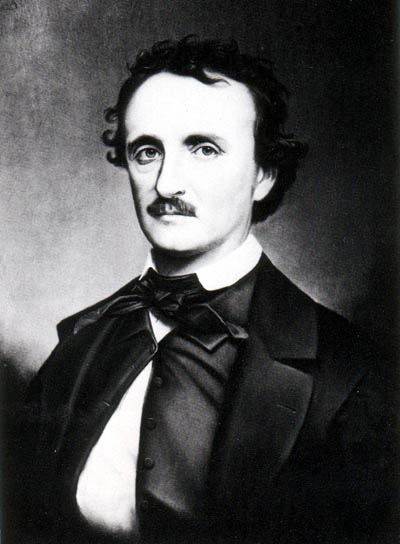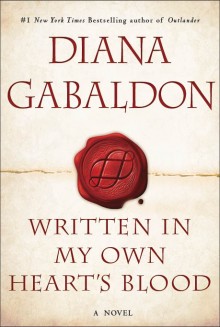Chances are you may have heard of this classic novel. First published in 1970, Jack Finney's book has earned it's place among the very best of time-travel stories ever published, both for it's inventive plot and it's illustrations --- oh yes, this is a gorgeously illustrated novel, something few bibliophiles can resist.
I was more than a little thrilled when I heard that Touchstone was re-releasing this Jack Finney's novel with fully restored artwork. I first read this some twenty years ago, but like all good stories, it was deserving of a re-read. It is one of those novels that withstand the test of time...I enjoyed it even more the second time around. Although Time and Again has always been something of a cult classic, I'd be happy to see it gain the wider, cross-genre audience it truly deserves. Because it is a cross-genre story: science fiction, adventure, historical fiction, romance....Time and Again has always had something for everyone.
Simon Morley's time travel back to 1882 New York City isn't accidental at all. Indeed, he volunteered for the government's top-secret, experimental project. But what Si - and the reader - perhaps isn't prepared for is the actual experience of 19th century New York. And this is what Finney so masterfully provides. The sights, the sounds, the smells - it's all there. And the illustrations and photos? Absolutely perfect. This is arm-chair travel at it's finest.
Of course, it wouldn't be a whopping tale without a little adventure and romance. Si must contend with blackmail, police corruption, and escape disaster....hey, no one ever said 1882 New York was a safe place to hang out.
While Finney tends to get a little long-winded with description, he must be forgiven due to his impeccable research of the period. Everything he writes here evokes the history of New York City and it's absolutely gorgeous -- corruption and all.
If the idea of time travel to change past events sounds quite familiar to you, take a gander at the author's note of Stephen King's best-selling novel 11/22/63. In it, he credits Finney's work, calling Time and Again "the great time-travel story." In many ways, he is absolutely right.
Recommended reading!
****************
Title: Time and Again
Author: Jack Finney
Publisher: Touchstone (re-release)
Date: April 8, 2014
Pages: 399
Source: Publisher













































